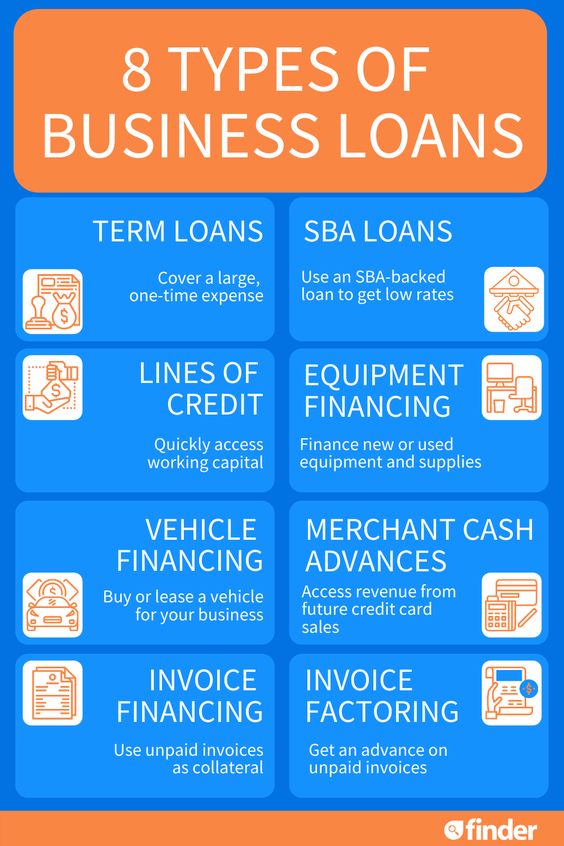In today's fast-paced and competitive business environment, growth is not just a goal—it's a necessity. For many companies, expanding operations, launching new products, or even just keeping up with market demands requires substantial financial resources. This is where business loans come into play, offering a lifeline to companies eager to scale but limited by cash flow constraints.
Understanding Business Loans
A business loan is a financial product designed to help businesses cover expenses that they cannot immediately afford. These loans can be used for a variety of purposes, including purchasing new equipment, hiring staff, or expanding into new markets. With a wide range of loan products available, from traditional bank loans to more flexible options like lines of credit, businesses have the flexibility to choose the best financial solution for their specific needs.
Types of Business Loans
-
Term Loans: These are the most common type of business loans, where a lump sum is borrowed and repaid over a fixed period with interest. Term loans are ideal for businesses looking to make a significant investment, such as purchasing real estate or large equipment.
-
Lines of Credit: A more flexible option, a line of credit allows businesses to borrow up to a certain limit and pay interest only on the amount used. This is particularly useful for managing cash flow or covering unexpected expenses.
-
SBA Loans: Backed by the Small Business Administration, these loans offer lower interest rates and longer repayment terms, making them an attractive option for small businesses.
-
Equipment Financing: Specifically designed to help businesses purchase new equipment, these loans use the equipment itself as collateral, often leading to more favorable terms.
-
Invoice Financing: For businesses that struggle with cash flow due to unpaid invoices, invoice financing provides an advance on outstanding invoices, helping to bridge the gap between billing and payment.
Benefits of Business Loans
-
Accelerated Growth: With the right loan, businesses can seize growth opportunities that might otherwise be out of reach. This could mean opening a new location, launching a marketing campaign, or investing in technology.
-
Improved Cash Flow: Loans can provide the necessary liquidity to manage day-to-day operations, ensuring that businesses can meet payroll, pay suppliers, and maintain inventory without stress.
-
Tax Deductions: Interest paid on business loans is often tax-deductible, providing a financial benefit that can reduce the overall cost of borrowing.
-
Building Credit: Successfully repaying a business loan can help build your company’s credit profile, making it easier to secure financing in the future at more favorable terms.
Considerations Before Applying
While business loans offer many benefits, it's essential to carefully consider your company's ability to repay the loan. Factors such as interest rates, loan terms, and the overall impact on cash flow should be analyzed before making a decision. Additionally, understanding the lender's requirements, such as credit score and financial documentation, can help streamline the application process.
















